What You Need to Know About Glycation and AGEs: Understanding the Risks, Natural Resolution, and 3 Powerful Healthy Lifestyle Approaches
Understanding Glycation: The Risks, Natural Resolution, and 3 Powerful Healthy Lifestyle Approaches
Overview
Glycation (AGEs) is a natural biological process that occurs in our bodies when excess sugar molecules, particularly glucose, bind to proteins and fats without the involvement of enzymes. This reaction produces advanced glycation end products (AGEs), which can have detrimental effects on our health over time. These AGEs have been linked to various chronic conditions such as diabetes, cardiovascular disease, Alzheimer’s disease, and premature aging. Fortunately, there are natural ways to minimize this damage, promote overall well-being, and possibly reverse it. In this article, we will delve into what glycation is, and the risks associated with it, and explore natural ways to address and provide practical lifestyle tips to minimize its impact on our well-being.
What is Glycation?
Glycation is a non-enzymatic reaction between sugar molecules and proteins or fats in our body. This process occurs when sugars, such as glucose and fructose, react with proteins or lipids in our body without the involvement of enzymes. This non-enzymatic reaction results in the formation of AGEs, which are harmful compounds that can cause structural changes and impair the functionality of proteins and lipids. It happens when there is an excess of sugar in the bloodstream, leading to the formation of harmful AGEs. These AGEs can accumulate and damage various tissues and organs, contributing to the development of age-related diseases such as diabetes, cardiovascular conditions, and neurodegenerative disorders.
The Role of Glycation in Cancer
While glycation is primarily associated with aging and the development of chronic diseases such as diabetes, emerging research suggests a potential link between glycation and cancer. Glycation can contribute to cancer development and progression through various mechanisms, including DNA damage, inflammation, and the promotion of tumor growth. However, it is important to note that the understanding of this relationship is still evolving, and more research is needed to establish a conclusive link.
AGEs have long been associated with aging and chronic diseases such as diabetes, but emerging evidence suggests that they may also play a role in cancer development and progression. Understanding this intricate connection could pave the way for novel therapeutic approaches and prevention strategies. In this article, we delve into the current understanding of glycation and its potential implications in cancer. Here are some roles of glycation in Cancer.
- DNA Damage and Mutations: Glycation reactions can directly damage DNA, leading to structural alterations and mutations. These modifications can disrupt normal cellular processes, potentially contributing to the initiation and progression of cancer.
- Inflammation and Tumor Microenvironment: AGEs have been shown to promote chronic inflammation, a hallmark of cancer. Inflammatory conditions create an environment that facilitates tumor growth, invasion, and metastasis. Additionally, AGEs can stimulate the release of pro-inflammatory cytokines, further fueling the inflammatory response.
- Oxidative Stress: Glycation-induced oxidative stress can result in DNA damage, protein dysfunction, and lipid peroxidation, all of which can contribute to cancer development. Reactive oxygen species (ROS) generated during glycation reactions can initiate cellular signaling pathways that promote tumor growth and survival.
- Tumor Progression and Metastasis: Glycation can enhance the migratory and invasive properties of cancer cells, potentially facilitating metastasis. AGEs have been implicated in promoting angiogenesis, the formation of new blood vessels that supply nutrients to tumors, thereby supporting their growth and spread.
- Insulin Resistance and Diabetes: Chronic hyperglycemia, a condition associated with diabetes, leads to increased glycation and AGE formation. It is well-established that individuals with diabetes have a higher risk of developing certain types of cancer, suggesting a potential link between glycation, insulin resistance, and cancer development.
Glycation Risks
Excessive glycation and the accumulation of AGEs can lead to several health risks. Some of the most significant risks associated with glycation include:
- Oxidative Stress: AGEs can trigger oxidative stress, which contributes to inflammation, tissue damage, and various chronic diseases like diabetes, cardiovascular diseases, neurodegenerative disorders, and aging-related conditions.
- Accelerated Aging: Excessive glycation can accelerate the aging process by damaging collagen, elastin, and other proteins responsible for maintaining the elasticity and youthfulness of our skin. AGEs can accumulate in tissues over time, contributing to the aging process. They can lead to the cross-linking of proteins, impairing their structure and function. This cross-linking effect is particularly noticeable in the skin, leading to the formation of wrinkles and sagging.
- Diabetes: Glycation plays a significant role in the development and progression of diabetes. AGEs can impair insulin production and hinder the body’s ability to utilize glucose effectively. High blood sugar levels in individuals with diabetes can accelerate glycation, leading to an increased risk of complications such as neuropathy, nephropathy, and retinopathy.
- Cardiovascular Diseases: Glycation contributes to the formation of arterial plaques, increasing the risk of heart diseases, atherosclerosis, and stroke.
- Neurological Disorders: AGEs can accumulate in the brain, leading to oxidative stress, inflammation, and neurodegenerative conditions such as Alzheimer’s and Parkinson’s disease.
- Kidney Dysfunction: Glycation can damage the delicate structures of the kidneys, impairing their filtration function and potentially leading to chronic kidney disease.
- Eye Complications: Increased glycation can cause damage to the blood vessels in the eyes, leading to vision problems such as cataracts and diabetic retinopathy.
- Joint and Bone Issues: Glycation affects the structure and function of collagen in the joints and bones, contributing to conditions like arthritis and osteoporosis.
- Collagen Damage: Collagen, a protein responsible for maintaining the elasticity and strength of the skin, can be adversely affected by glycation. This can lead to skin aging, wrinkles, and reduced skin elasticity.
- Rheumatoid Arthritis (RA): Glycation-induced AGEs have been implicated in the development and progression of rheumatoid arthritis. AGEs promote inflammation in the joints, leading to cartilage degradation and joint damage. This chronic inflammatory process contributes to pain, stiffness, and loss of joint function.
- Age-Related Macular Degeneration (AMD): AMD is a leading cause of vision loss in older adults. Glycation affects the structures of the eye, particularly the blood vessels in the retina. This can lead to the development of AMD, characterized by the deterioration of the macula, a small area responsible for sharp central vision. AGEs contribute to the formation of drusen, fatty deposits that can impair vision and lead to irreversible damage.
Natural Ways to Resolve Glycation
There are natural ways to reduce and eliminate the effects of glycation. Natural resolutions such as dietary modification, natural supplementation, and lifestyle changes are most effective when combined with an overall healthy lifestyle. It’s always a good idea to consult with a healthcare professional or a registered dietitian to develop a personalized plan based on your specific needs and health goals.
While a balanced diet and healthy lifestyle are crucial for combating glycation, some natural supplements have been studied for their potential to inhibit glycation and reduce the formation of advanced glycation end products (AGEs).
While a balanced diet and healthy lifestyle are crucial for combating glycation, some natural supplements have been studied for their potential to inhibit glycation and reduce the formation of advanced glycation end products (AGEs).
Here are a few examples:
1. Dietary Modifications
- Balanced Diet: Opt for a low-glycemic index (GI) diet, focusing on whole foods, lean proteins (grass-fed/grass-finished and free range), healthy fats, and plenty of fruits and vegetables. Minimize the consumption of refined sugars, processed foods, and high-glycemic carbohydrates.
- Reduce Sugar Intake: Limiting the consumption of refined sugars and high-glycemic-index foods can help reduce glycation. Choose natural sweeteners like maple syrup or a moderate intake of low-glycemic index sweeteners like coconut sugar or honey.
- Increase Antioxidant-Rich Foods: Antioxidants can help counteract the oxidative stress caused by glycation. Include a variety of colorful fruits and vegetables in your diet, as they are rich in antioxidants. Berries, leafy greens, nuts, and seeds are particularly beneficial.
- Opt for Healthy Cooking Methods: High-temperature cooking methods like frying and grilling can promote the formation of AGEs. Instead, choose steaming, boiling, or baking at lower temperatures.
- Avoid Seed Oils: Seed oils or vegetable oils (safflower oil, peanut oil, sunflower oil, olive oil, etc.) contain Linoleic Acid. Linoleic Acid is one of the deadliest and most pernicious toxins that destroy the health and well-being of many. You should minimize consumption of the omega-6 fat linoleic acid (LA). Linoleic acid makes up approximately 60% to 80% of omega-6 fats and is known to be the primary contributor to chronic disease.
2. Lifestyle Changes
- Regular Exercise: Engaging in regular physical activity can improve insulin sensitivity and help regulate blood sugar levels, reducing the risk of glycation. Aim for a combination of aerobic exercise, strength training, and flexibility exercises.
- Stress Management: Chronic stress can contribute to glycation and other health issues. Practice stress-reduction techniques such as meditation, prayer, deep breathing exercises, sauna bathing, or engaging in hobbies that promote relaxation.
- Sufficient Sleep: Poor sleep quality and duration have been associated with increased glycation and insulin resistance. Prioritize quality sleep as it plays a crucial role in maintaining healthy metabolic processes, maintaining healthy blood sugar levels, and minimizing glycation. Aim for 7-8 hours of quality sleep each night to support optimal metabolic function.
- Avoid Smoking and Alcohol: Smoking and excessive alcohol consumption can exacerbate glycation and increase the formation of AGEs. It’s best to quit smoking altogether and drink alcohol in moderation, if at all.
3. Natural Supplements
- Alpha-Lipoic Acid: This antioxidant has been shown to reduce glycation and improve insulin sensitivity. It is found naturally in spinach, broccoli, and organ meats, or can be taken as a supplement.
- Phytochemicals: Include foods high in phytochemicals, such as turmeric, green tea, cinnamon, and cocoa. These compounds possess anti-glycation properties and can help mitigate the effects of glycation.
- Carnosine: This dipeptide has demonstrated the ability to inhibit glycation and prevent the formation of AGEs. It is found in meat, fish, and poultry, and can also be taken as a supplement.
- Pyridoxamine: Pyridoxamine is a form of vitamin B6 that has been found to inhibit glycation reactions. It can trap and neutralize reactive carbonyl compounds involved in the formation of AGEs. Pyridoxamine is available as a supplement and is often combined with other B vitamins
- Benfotiamine: Benfotiamine is a synthetic derivative of thiamine (vitamin B1). It has been shown to inhibit glycation and reduce the formation of AGEs. Benfotiamine is available as a supplement and is often used for its potential benefits in diabetes management.
- Green Tea Extract: Green tea is rich in polyphenols, including epigallocatechin gallate (EGCG), which has been found to possess anti-glycation properties. Green tea extract is available as a supplement and can be consumed in the form of capsules or brewed tea.
Final Thoughts
Glycation, the process of sugar molecules binding to proteins and fats, can have detrimental effects on our health, accelerating aging and contributing to various age-related diseases. It has been associated with the development of chronic diseases. By adopting a healthy lifestyle that includes a balanced diet, regular exercise, stress management, and natural supplements, we can mitigate the risks of glycation.
For natural and healing remedies, products, and supplements that can help you live your most optimal healthy life, visit our store here!
To Your Health!
References
- Vistoli G, et al. Advanced glycoxidation and lipoxidation end products: Role of reactive carbonyl species generated during carbohydrate and lipid metabolism. J. Diabetes Res. 2019;2019:275
- Vlassara H, Striker GE. Advanced glycation end products in diabetes and diabetic complications. Endocrinol Metab Clin North Am. 2013;42(4):697-719.
- Vlassara H, Striker GE. Glycotoxins in the diet promote diabetes and diabetic complications. Curr Diab Rep. 2007 Dec;7(6): 235-41. doi: 10.1007/s11892-007-0034-6. PMID: 18221661. (https://pubmed.ncbi.nlm.nih.gov/18221661/)
- Uribarri J, Woodruff S, Goodman S, et al. Advanced glycation end products in foods and a practical guide to their reduction in the diet. J Am Diet Assoc. 2010 Jun;110(6): 911-16.e12. doi: 10.1016/j.jada.2010.03.018. PMID: 20497781. (https://pubmed.ncbi.nlm.nih.gov/20497781/)
- Luevano-Contreras C, Chapman-Novakofski K. Dietary advanced glycation end products and aging. Nutrients. 2010 Mar;2(12): 1247-65. doi: 10.3390/nu2121247. PMID: 22254033; PMCID: PMC3257741. (https://pubmed.ncbi.nlm.nih.gov/22254033/)
- Menini S, Iacobini C, de Latouliere L, et al. The advanced glycation end-product Nε-(carboxymethyl)lysine promotes progression of pancreatic cancer: implications for diabetes-associated risk and its prevention. J Pathol. 2018 Oct;246(2): 193-204. doi: 10.1002/path.5132. PMID: 30098182. (https://pubmed.ncbi.nlm.nih.gov/30098182/)
- Menini S, Iacobini C, Ricci C, et al. The advanced glycation end-product N(ε)-carboxymethyllysine promotes progression of lung cancer. Free Radic Biol Med. 2011 Nov 15;51(10): 1792-802. doi: 10.1016/j.freeradbiomed.2011.08.011. PMID: 21864765. (https://pubmed.ncbi.nlm.nih.gov/21864765/)
- Yamagishi S, Nakamura K, Matsui T. Glycation and cardiovascular disease in diabetes: a perspective on the concept of metabolic memory. J Diabetes. 2017 Feb;9(2): 141-48. doi: 10.1111/1753-0407.12443. PMID: 26663386. (https://pubmed.ncbi.nlm.nih.gov/26663386/)

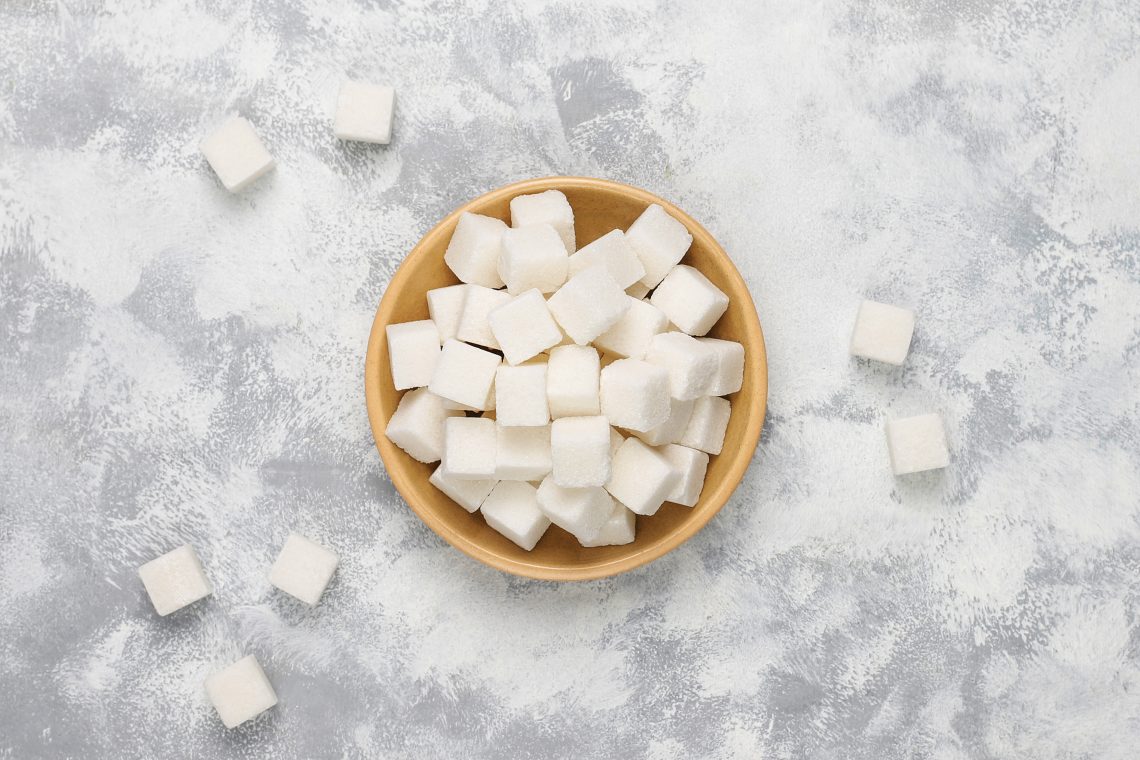
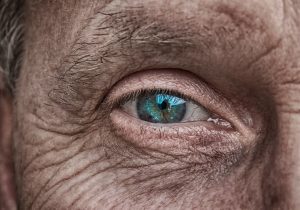




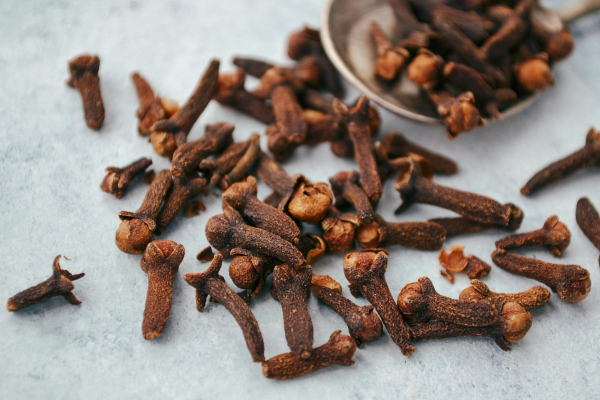
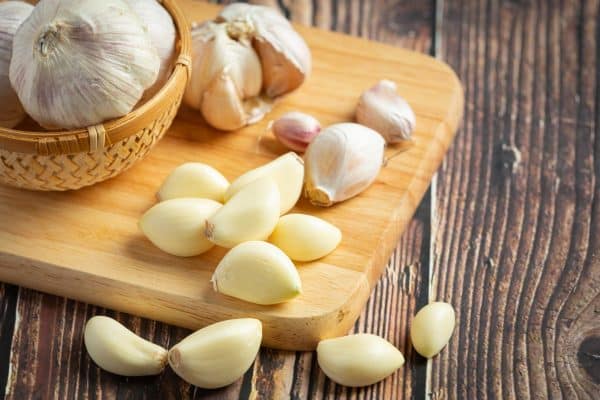
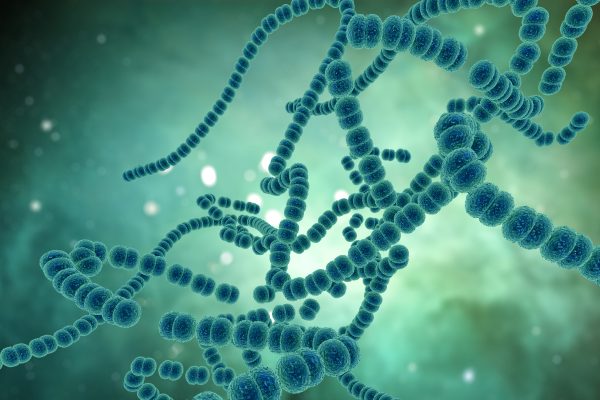
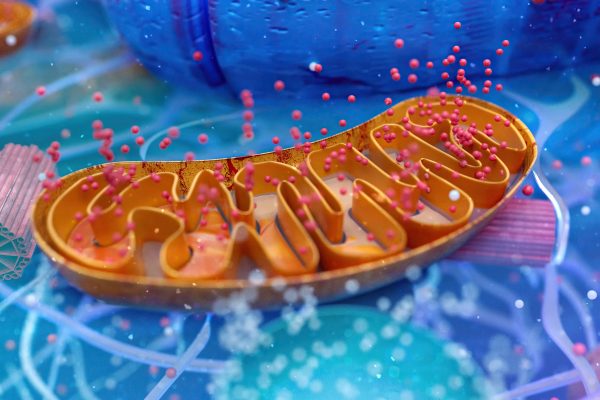



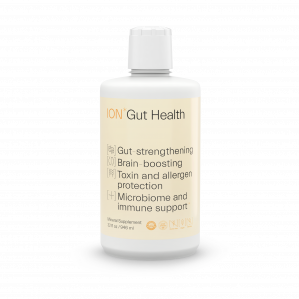
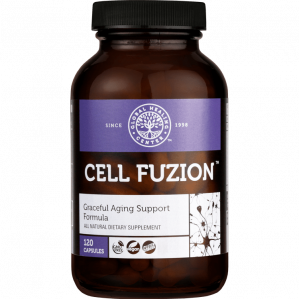

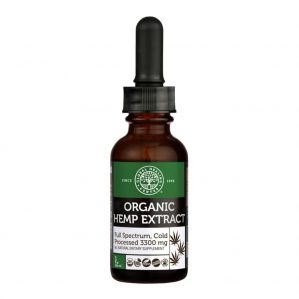











0 Comment